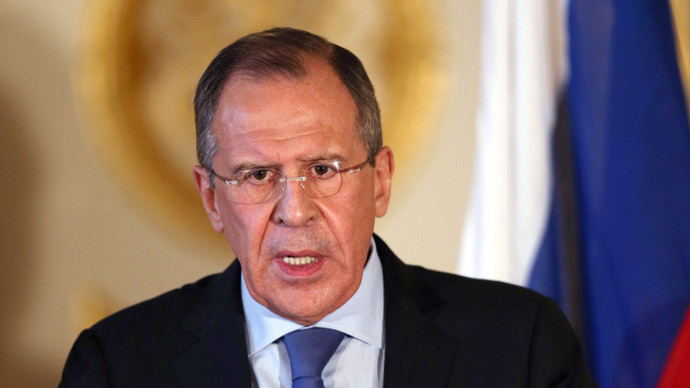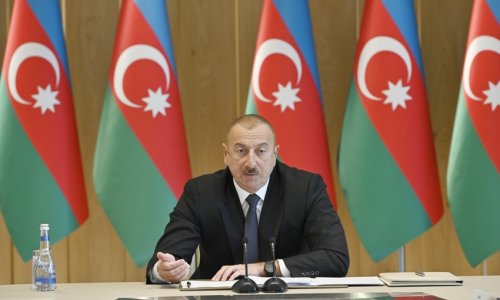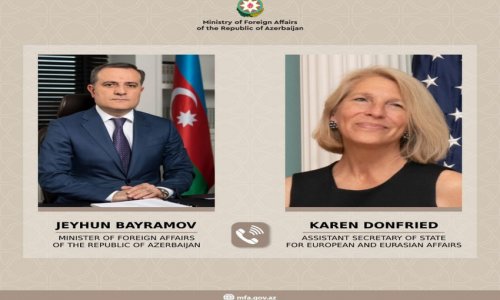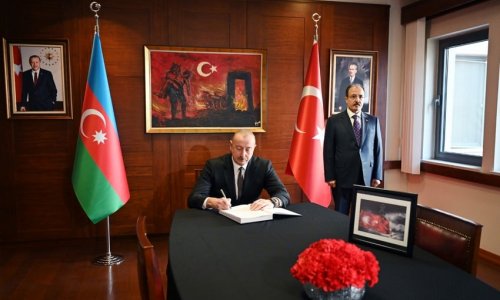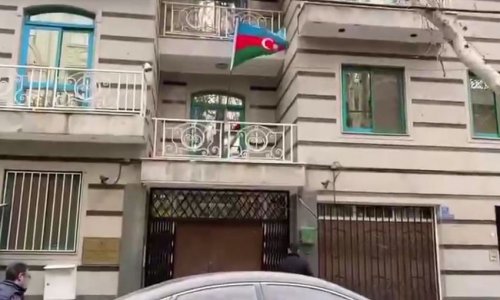"We pay special attention to expanding traditional relations in the humanitarian sphere, to keeping and developing of historically close spiritual ties between peoples of Russia and Azerbaijan," the ministry said in a comment published on Saturday. "We consider the upcoming negotiations in the context of continuing development of the Russian-Azerbaijani political dialogue."
"During the meetings in Baku, the parties will discuss current aspects of the bilateral agenda, and will exchange opinions on problems of the Nagorno Karabakh settlement in development of the agreements, reached at the recent summits in Vienna and in St. Petersburg," the foreign ministry said. "Azerbaijan is our important strategic counterpart in the Transcaucasian and Caspian regions, and our relations with Baku are based on equality, respect for interests of each other and on good neighborhood."
"Jointly with the Azerbaijani counterparts, we are preparing for the upcoming V Baku international humanitarian forum, which is organized under supervision of the two countries' presidents."
Efforts for peace
The situation along the line of engagement in the Nagorno-Karabakh conflict zone deteriorated dramatically overnight to April 2 when fierce clashes began. The parties to the conflict accused each other of violating the truce.
On April 5, Azerbaijan's Chief of Staff Nadjmeddin Sadykov and his Armenian counterpart Yury Khachaturov met in Moscow with Russia's mediation. At the talks the sides came to an agreement on cessation of hostilities at the line of engagement between Azerbaijani and Armenian forces. On the same day, the two countries' defense ministries announced that the ceasefire regime in Nagorno-Karabakh would start at 12am local time. Since then, the parties to the conflict have been accusing each other of violating the ceasefire agreement.
The participants of talks on Nagorno-Karabakh in Vienna on May 16 involving the presidents of Azerbaijan and Armenia and mediated by the foreign ministers from the OSCE Minsk Group co-chair countries agreed to observe ceasefire in the region in compliance with the 1994-1995 accords. The parties to the conflict also agreed to complete as soon as possible the work on an OSCE tool on investigating incidents on the contact line.
In a trilateral statement adopted on June 20 following a summit of Russian Armenian and Azerbaijani presidents in St. Petersburg, the sides confirmed their commitment to the normalization of the situation along the engagement line in Nagorno-Karabakh.
The Nagorno-Karabakh conflict
The highland region of Nagorno-Karabakh (Mountainous Karabakh) is a mostly Armenian-populated enclave inside the sovereign territory of Azerbaijan. It was the first zone of inter-ethnic tensions and violence to appear on the map of the former USSR.
Even almost a quarter of a century after the breakup of the Soviet Union, Karabakh remains a so-called 'frozen conflict' on the post-Soviet space, as the region is the subject of a dispute between Azerbaijan and the local Armenian population that draws on strong support from fellow-countrymen in neighboring Armenia.
In 1988, hostilities broke out there between the forces reporting to the government in Baku and Armenian residents, which resulted in the region's de facto independence. In 1994 a ceasefire was reached but the relations between Azerbaijan and Armenia remain strained ever since then.
Russia, France and the U.S. co-chair the Minsk Group of the Organization for Security and Cooperation in Europe, which attempts to broker an end to hostilities and the conflict.
www.ann.az
Follow us !

